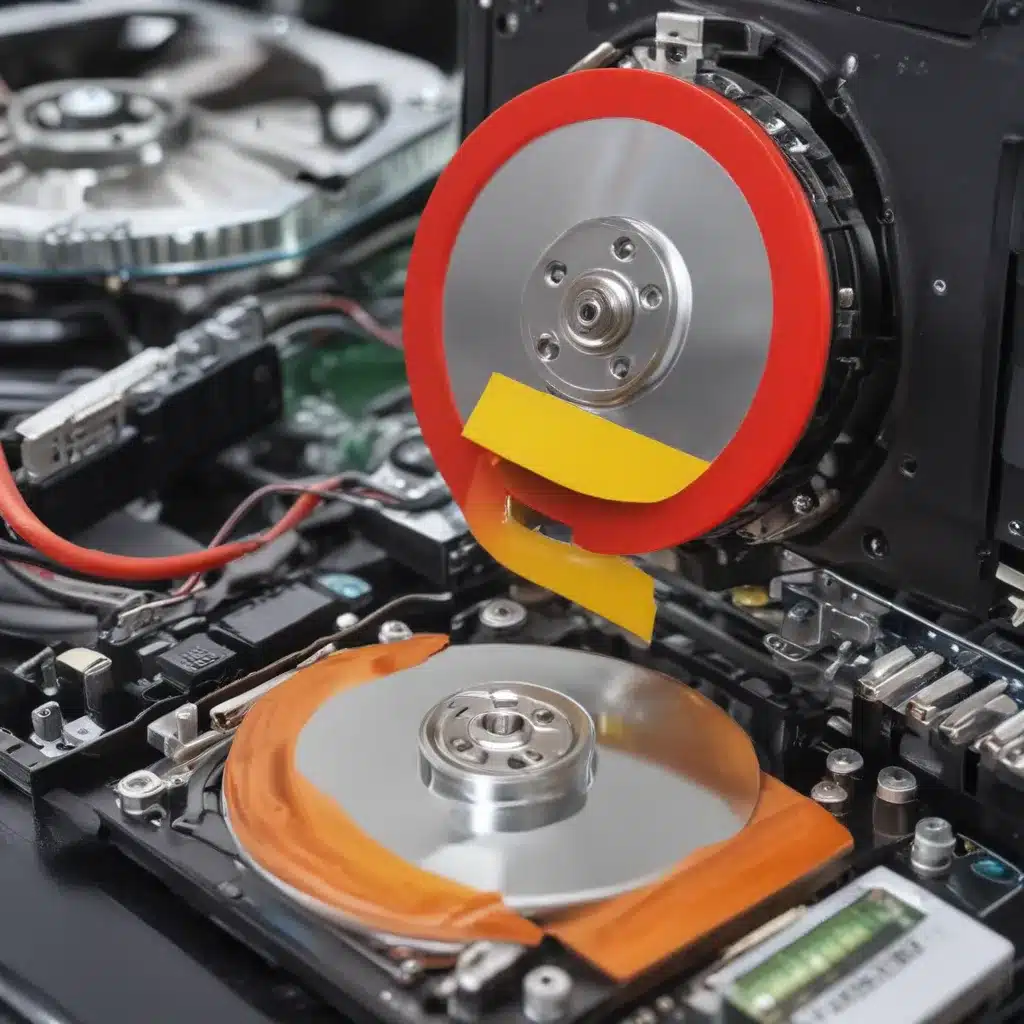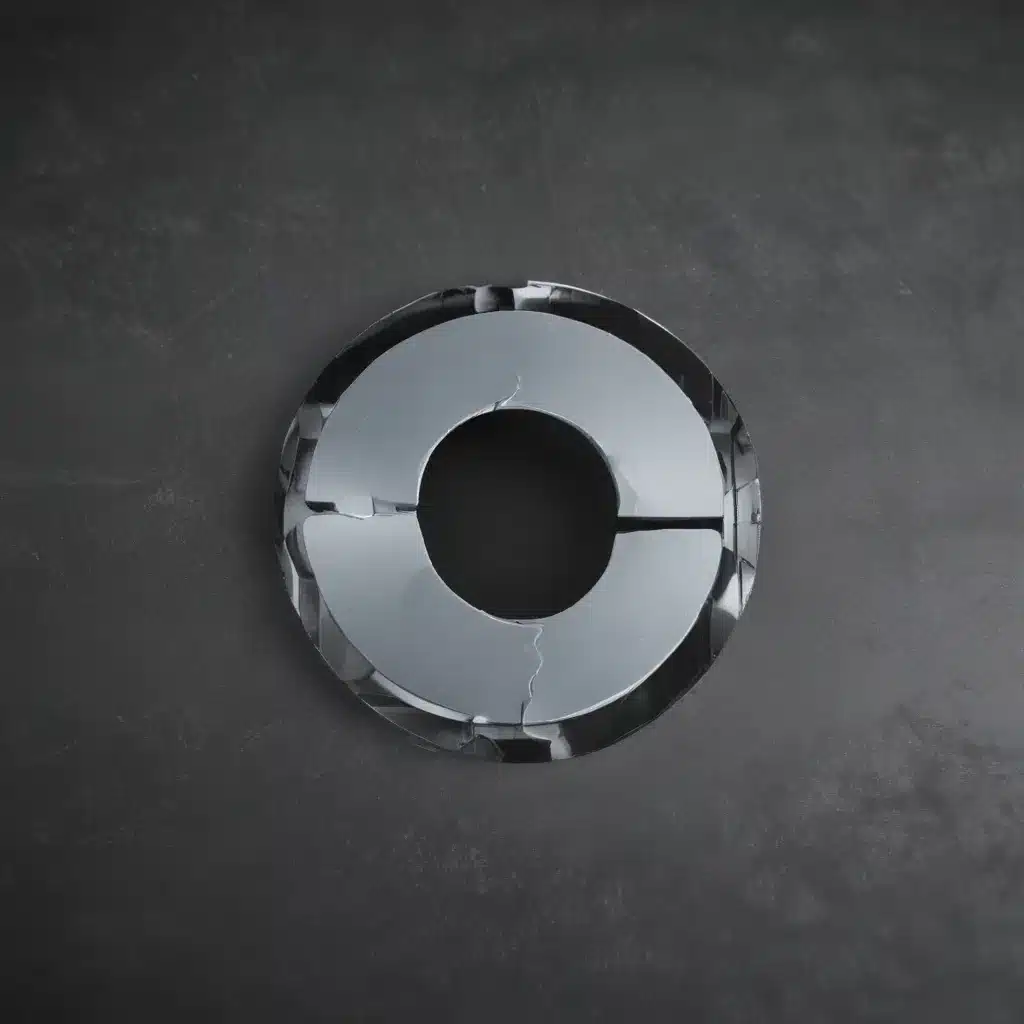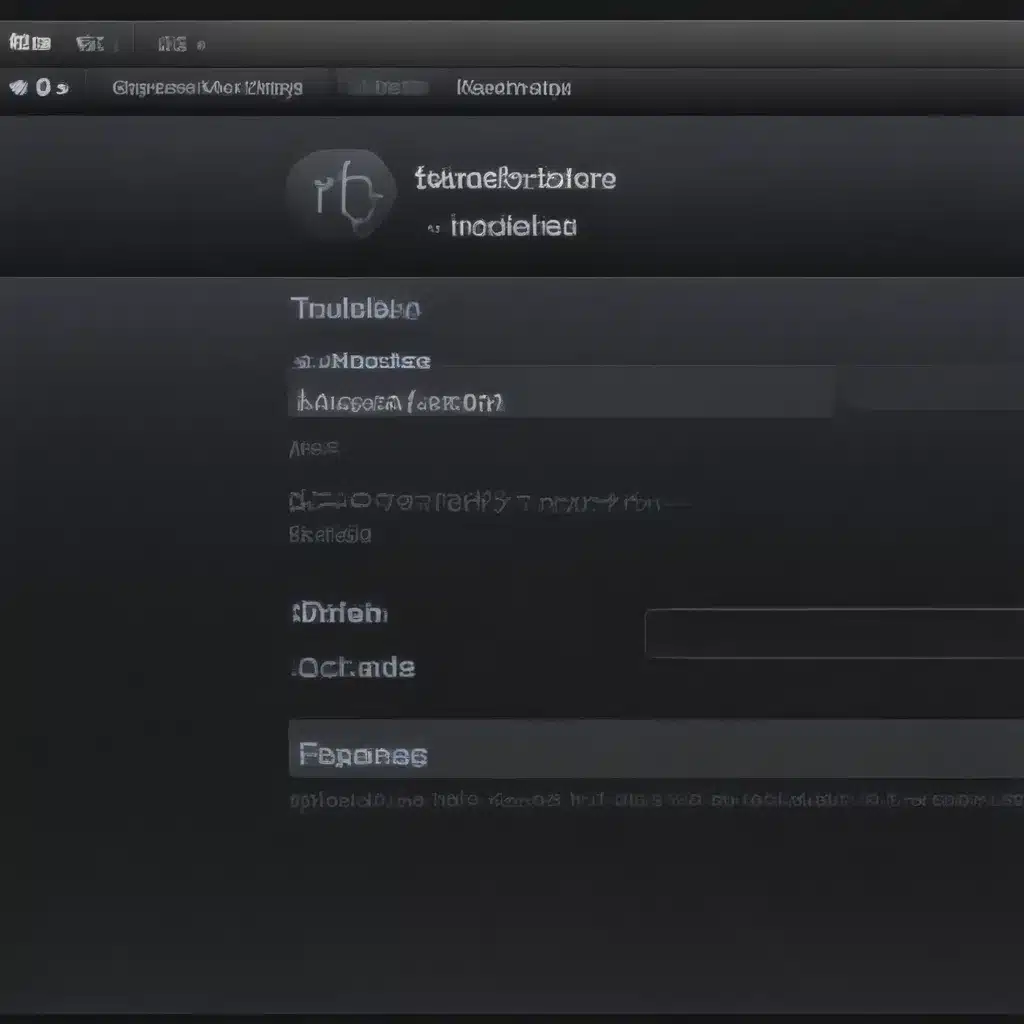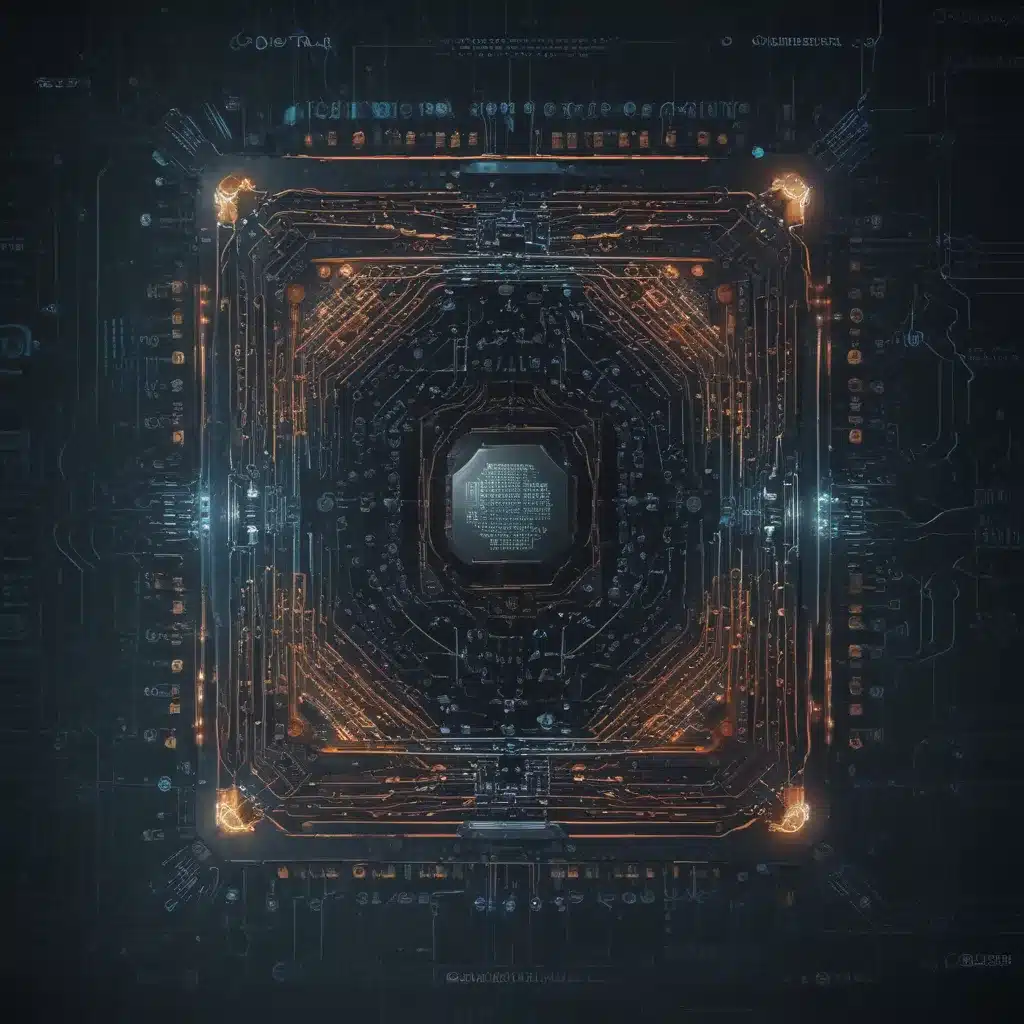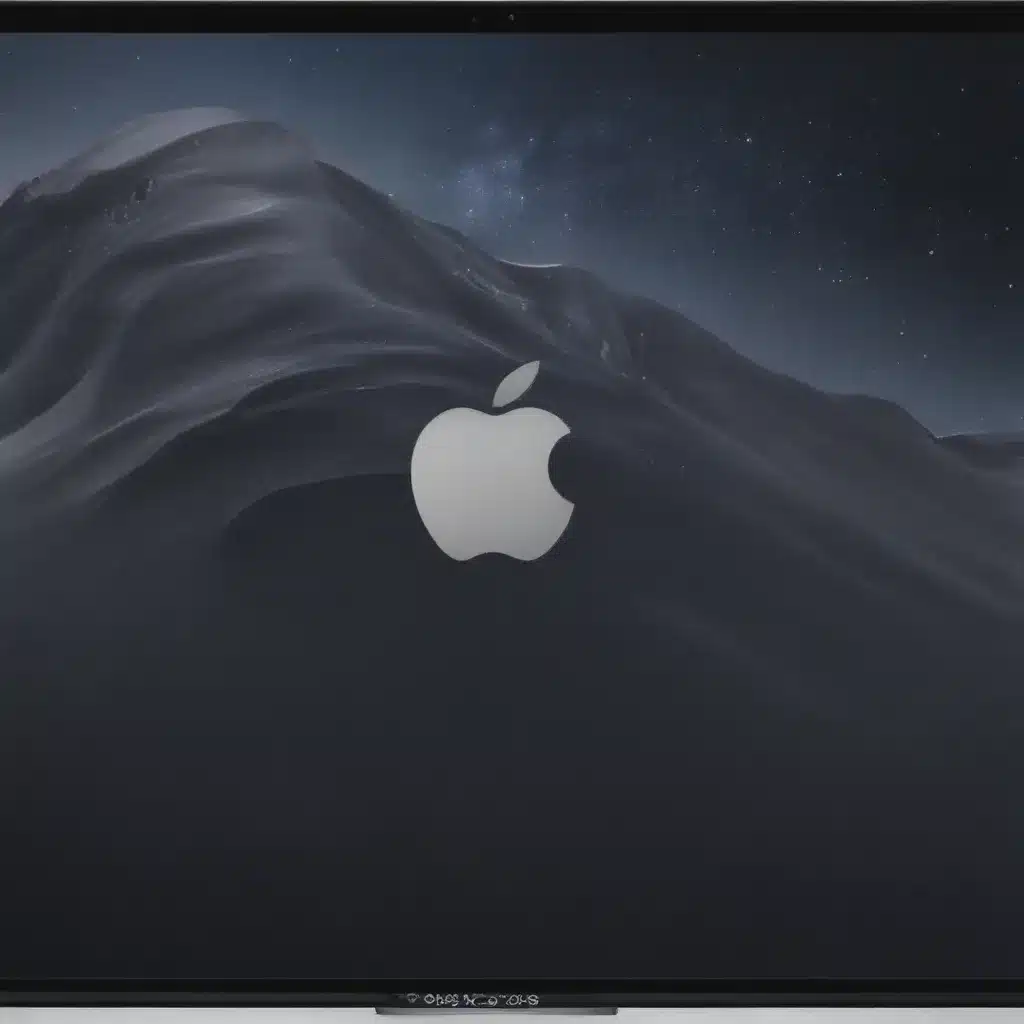Detect Failing Drives Before Disaster Strikes
Do you ever get that sinking feeling when your computer starts to act up? That dreaded moment when you can practically hear the hard drive whirring its last few breaths before it kicks the bucket? Well, my friend, you’re not alone. Hard drive failure is one of the most common tech issues out there, and it can strike when you least expect it.
But fear not! Today, I’m going to walk you through some telltale signs of a failing drive and share a few simple steps you can take to catch the problem before it becomes a full-blown catastrophe. After all, an ounce of prevention is worth a pound of data recovery – and trust me, you do not want to go down that rabbit hole.
Hear That? That’s Trouble Brewing
Remember the good old days when your hard drive sounded like a soothing lullaby, gently humming away as it dutifully stored all your precious files? Well, those days may be coming to an end if you start hearing some concerning noises.
According to the experts over at TenForums, unusual sounds like clicking, grinding, or a high-pitched whine could be an early warning sign that your drive is on its last legs. [1] It’s like that annoying knocking sound in your car – you can ignore it for a while, but sooner or later, it’s gonna leave you stranded on the side of the road.
And let’s not forget about the dreaded “thud of doom” – that sudden, ominous thud that sends a shiver down your spine and makes your heart skip a beat. That, my friends, is the sound of a hard drive bearing failure, and it’s a clear sign that you need to act fast.
Slow and Steady Doesn’t Win This Race
Another telltale sign of impending doom is a noticeable slowdown in your computer’s performance. Sure, we all get a little sluggish sometimes, but if your system is taking an eternity to boot up, open files, or switch between programs, it could be a sign that your hard drive is on its last legs.
As the folks over at Synology Community explain, failing drives often struggle to read and write data efficiently, leading to those dreaded performance hiccups. [2] It’s like trying to run a marathon with a pair of concrete shoes – eventually, you’re just going to end up crawling across the finish line, if you make it at all.
And let’s not forget about those pesky error messages. If you’re constantly getting “file not found” or “unable to access” errors, it could be a sign that your hard drive is starting to fail. It’s like that annoying friend who always seems to be “out of town” when you need them the most.
Disaster Averted: Taking Preventive Action
Okay, so you’ve noticed some worrying signs – now what? Well, the good news is that there are a few simple steps you can take to get ahead of the problem and save your precious data from a fate worse than the Blue Screen of Death.
First and foremost, make sure you’re regularly backing up your files. As the saying goes, “an ounce of prevention is worth a pound of cure,” and in the world of data storage, that couldn’t be more true. [3] Whether you use an external hard drive, a cloud storage service, or a good old-fashioned USB stick, just make sure your most important files are safe and sound.
Next, consider investing in a monitoring tool like CrystalDiskInfo or S.M.A.R.T. These nifty little programs can give you a real-time glimpse into the health of your hard drive, alerting you to any potential issues before they become a full-blown crisis. [4] It’s like having a crystal ball for your computer – just don’t try to use it to predict the lottery, okay?
And finally, if you do start noticing those telltale signs of trouble, don’t wait around for disaster to strike. Reach out to a reputable computer repair service (like the awesome folks I work with, of course) and let them take a look. They’ll be able to diagnose the problem, recommend a course of action, and potentially save your data before it’s too late.
Because let’s be real, the thought of losing all your precious photos, important documents, and irreplaceable memories is enough to make anyone break out in a cold sweat. And trust me, you do not want to be that person frantically scrolling through old Facebook posts, trying to piece together your life.
So, there you have it, folks – a few simple tips to help you detect a failing hard drive before it turns your life upside down. Remember, an ounce of prevention is worth a pound of data recovery, so don’t wait around for that dreaded disaster to strike. Stay vigilant, stay proactive, and keep those backups up-to-date. Your future self will thank you, I promise.

